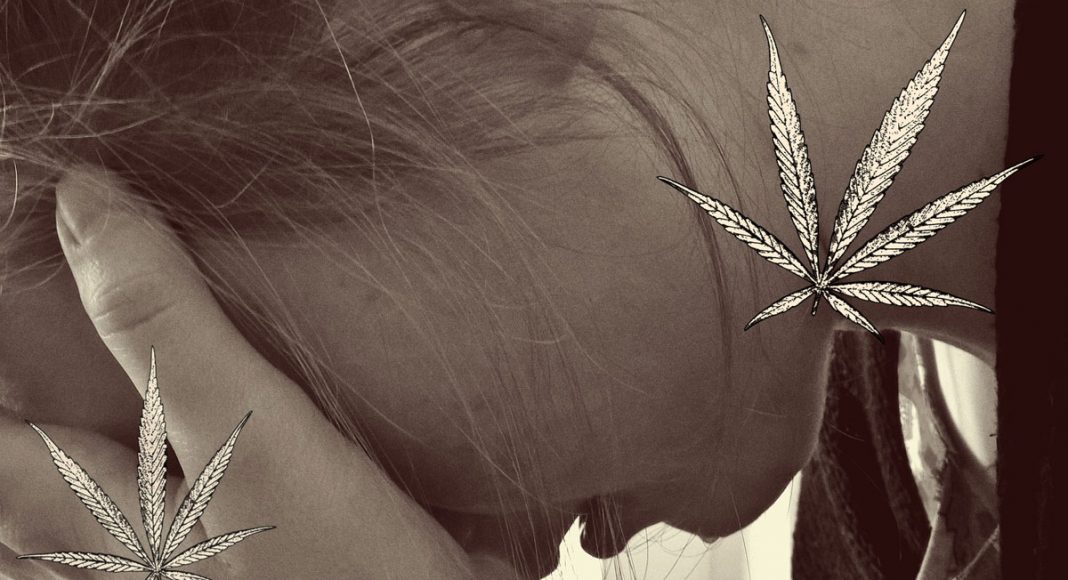From epilepsy to glaucoma, medical marijuana is showing increasing promise when it comes to treating symptoms of a wide range of physical ailments. But physical health isn’t the only health that can benefit from cannabis; some mental health symptoms might also be improved by the drug.
That said, people looking to treat symptoms of a mental illness should do so cautiously and only under the supervision of a professional, as it also runs the risk of exacerbating mental health symptoms if not administered properly.
Mental Disorders That Might Be Alleviated With Marijuana
Unfortunately, steadfast research on marijuana’s relationship to mental health is limited due to the federal government’s failure to declassify it as a Schedule I drug, making research more complicated and expensive, but what we do know is very promising
-
Related Story: Great News For N.H. Cannabis Consumers: No More Jail Time
The mental disorders that have shown early promise in terms of marijuana treatment are plenty, and they include:
- Post-Traumatic Stress Disorder (PTSD)
- Anxiety disorders
- Depression
- ADHD
- Bipolar disorder
- Insomnia
- Opiate dependence
- Schizophrenia
Why Marijuana Might Work to Manage Mental Illness
Common treatments for mental health disorders such as depression and anxiety include medications like antidepressants, which boost the body’s serotonin levels (your “feel-good” hormone) and benzodiazepines, which light up a calming neurotransmitter in your brain called GABA. In other words, this medication targets specific areas of your brain designed to make you feel happier, calmer, and/or more focused, depending on your needs.
The way cannabis impacts mental health is a little different. Rather than target specific receptors like the aforementioned drugs, the active compounds in marijuana thought to be responsible for improving mental health, called cannabinoids, affect your endocannabinoid system (ESC). Your ESC is essentially a communication network in your body responsible for your mood, metabolism, immune function, reproduction, and pain.
Cannabinoids, namely psychoactive THC and nonpsychoactive CBD, interface with the body’s ESC, helping to balance and regulate it. And given that both your serotonin system and GABA neurotransmitters are tied to your ESC, it makes sense that marijuana’s ability to balance this system might also alleviate feelings associated with depression, anxiety, and other mental health disorders.
Exercise Caution Before Toking For Mental Health
While anecdotal evidence suggests cannabis can abate mental health symptoms, keep in mind that it can also exacerbate them. For example, an animal study on mice found that low doses of THC are effective at alleviating depression and anxiety, but higher doses of this psychoactive compound can make it worse, invoking feelings of restlessness and paranoia.
-
Related Story: Here Is The One Way Marijuana Use Can Kill You
That said, a 2006 study on the effects of cannabis’ other active compound, nonpsychoactive CBD, on the body found that consuming relatively high doses of it can create a surplus of molecules in the body that function to alleviate anxiety and improve mood.
Bottom Line
Clinical trials regarding marijuana’s relationship to mental health are limited, largely due to its federal Schedule I drug classification, but early research suggests it can be beneficial to folks suffering from a wide range of mental health disorders. However, it should only be ingested with caution and under the supervision of mental health professional as in addition to its beneficial properties, it can also make mental health worse depending on the dose and type of disorder being treated.


